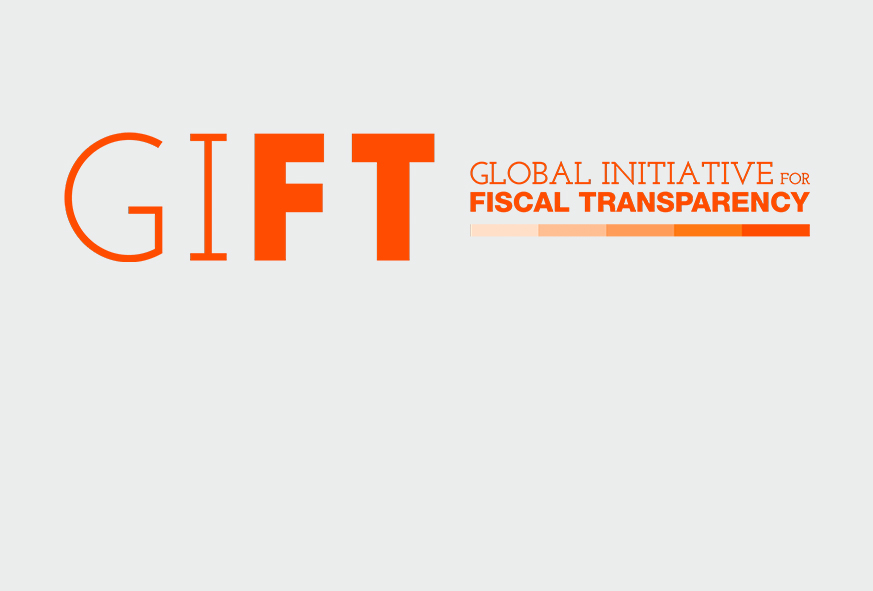2018
was a busy year
for fiscal
transparency…and
2019 might well
get even better!
Any
chance you may have
missed something?
View
our 2018 highlights
REPORT!
If
you noticed you
missed something…
Prepare
for 2019 by
reviewing our
preliminary work
plan and share your
plans with us. Plans
2019
|
|
|
|
|
|
|
|
The
two biggest
economies in
Africa
meet to advance
fiscal
transparency
Pretoria,
South Africa.
5-6 December
|
|
|
|
South
Africa has established one
of the two most
transparent budget
systems, as assessed by
the Open Budget Index
since 2006. The edition of
the OBS in 2017 confirmed
such an achievement. It
has also set up one of the
greatest examples of
collaboration between
budget authorities at the
National Treasury and
civil society to develop a
fiscal transparency
portal, Vulekamali, to
ensure that useful,
timely, and relevant
information is published
in an accessible way,
while addressing users’
needs.
On the other hand, the
Nigerian Ministry of
Budget and National
Planning is seeking to
establish an ambitious
one-stop access site for
different fiscal
transparency initiatives –
budget feedback, open
contracting, extractive
industries, tax and Ease
of Doing Business
dashboard- for timely
proactive disclosure of
all fiscal information and
data. The goal is to
facilitate public
consultation on the use of
public resource by
ensuring access in one
location for timely
proactive disclosure of
fiscal information and
data.
Coordinated by the GIFT
network, Nigeria and South
Africa held a technical
dialogue on Fiscal
Transparency Portals. From
the Nigerian side eight
representatives of
different related areas of
government, one of civil
society and one of the
public sector participated
in the meetings.
Meanwhile, from the side
of the National Treasury
three different areas
participated and
representatives from the
civil society coalition,
Imali Yethu, were present
at all times, as well as
Vulekamali developers.
Through this peer-learning
exchange, enabled by a
collaboration of GIFT with
the Collaborative
Africa Budget Reform
Initiative
(CABRI) and generously
hosted by the National
Treasury of South Africa,
an honest and open
discussion was held to
overcome the challenges to
improve fiscal
transparency through the
use of digital tools. Read
the complete report.
|
|
|
How
can fiscal transparency
contribute to better
childhood?
Nairobi,
Kenya. December 11-13
|

|
|
|
The
conflict on South Sudan
has taken a heavy toll on
its children. More than 60
percent of the children
born after 2011 have been
affected by lack of access
to safe water, education
and food security. UNICEF
public finance for
children (PF4C) program
has been set up by
recognizing that without
proper public financial
management and fiscal
transparency the situation
and dependence on outside
resources will hardly
change.
Therefore, through UNICEF
South Sudan,
the International Budget
Partnership and GIFT
collaborated on December
11-13 to train and prepare
the staff of the Ministry
of Finance and Economic
Planning to improve its
fiscal transparency,
considering the governance
of its public finance
management.
As an immediate result of
this effort, the Citizen
Budget 2018/2019 has
already been published
online for both the Executive
Budget Proposal and
the Enacted
Budget.
Some of the short-term
benefits of fiscal
transparency in South
Sudan could be an easier
access to necessary data
by development
institutions to improve
focalization of actions
and resources; enhanced
coordination among
different departments to
produce the required
information and, in a
long-term view, reduce the
dependence on development
assistance through a
stronger public finance
management, domestic
resource mobilization and
focus on results.
|
|
Improved
procedures for
improved
engagement
4th
Lead Stewards
Meeting 2018
December
19
|
|
|
|
As
announced in October 2019,
the Operating
Procedures of
GIFT have changed,
requiring all Stewards
-not just governments- to
have concrete and
verifiable goals on
advancing fiscal
transparency and
participation and be
willing to inform
regularly of this plan.
The compilation of the
first set of “Plans” and
“gifts to GIFT” received
during the General
Stewards Meeting were
presented in the Fourth
Lead Stewards Meeting of
2019, where Lead Stewards
emphasized that these
commitments should be used
to improve support and
collaboration among
members.
Stewards will continue to
be contacted to confirm,
refine or send their
commitments, divided in
“Plans” and contributions
to the network, the “gifts
to GIFT”. Don’t forget to
get back to us with your
answers! Remember that
sharing is the basis for
an active community that
benefits all.
|
|
| This
is not a goodbye
but a ‘see you
soon’
Our
dear and admired
colleague at the
Coordination Team,
Tania Sánchez,
will focus on new
professional
activities
starting 2019. We
are deeply
grateful for her
support and hard
work throughout
these past two
years, in which
she helped
building our
Network strong and
trusted, as it is
now. Tania´s role
was absolutely
fundamental to
building a
welcoming
environment, in
which high
technical
collaboration and
peer learning were
possible, frequent
and fruiful. Sure
that our paths
will cross again,
we
wish you great
success and
happiness in
this next phase!
|
|
|
|
Spent
all 2018 opening data
and haven’t looked at
the quality? Look
closer!
International
Public Sector Financial
Accountability Index
|

|
|
- Current
accounting basis
and financial
reporting
standards used
to prepare
financial
statements
- Financial
reporting
standard-setting
structure and
process
- Current
recognition
basis for
budgets
- Financial
reporting and
budget reform
plans
|
|
|
|
|
|

